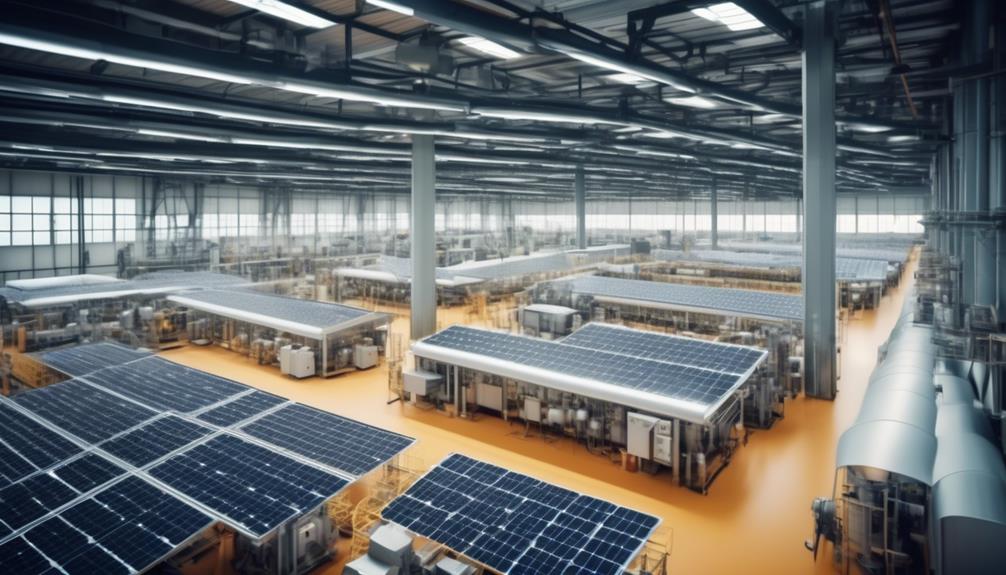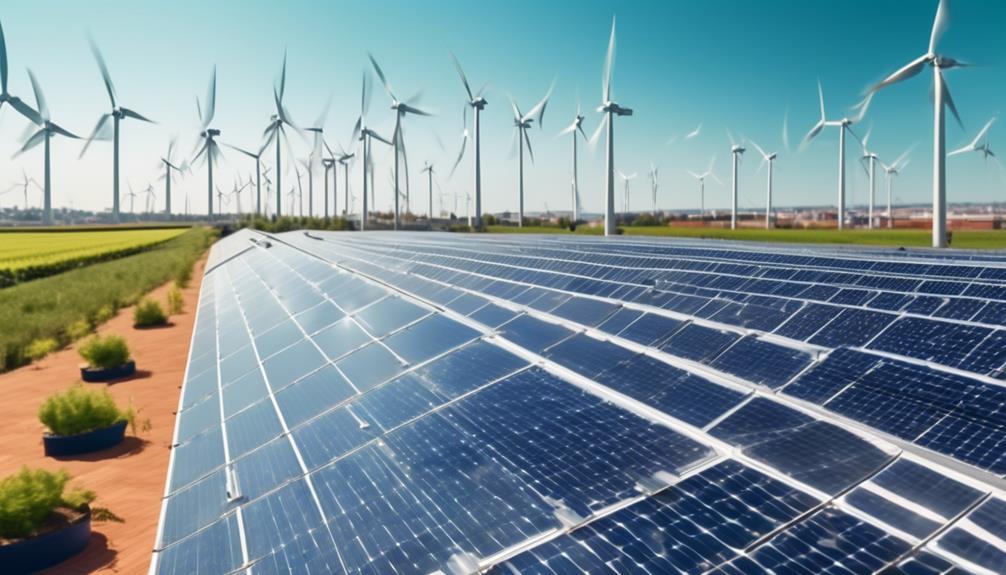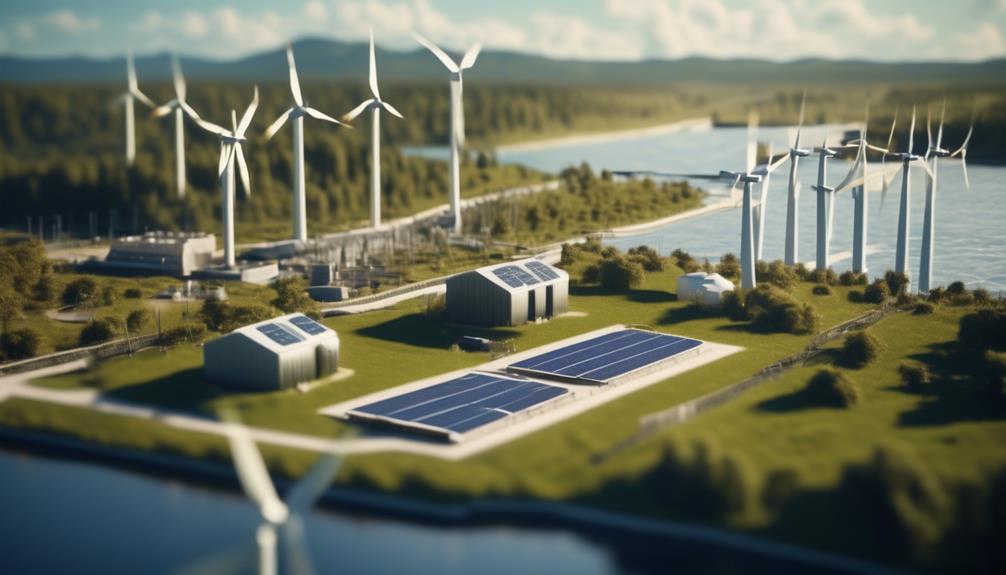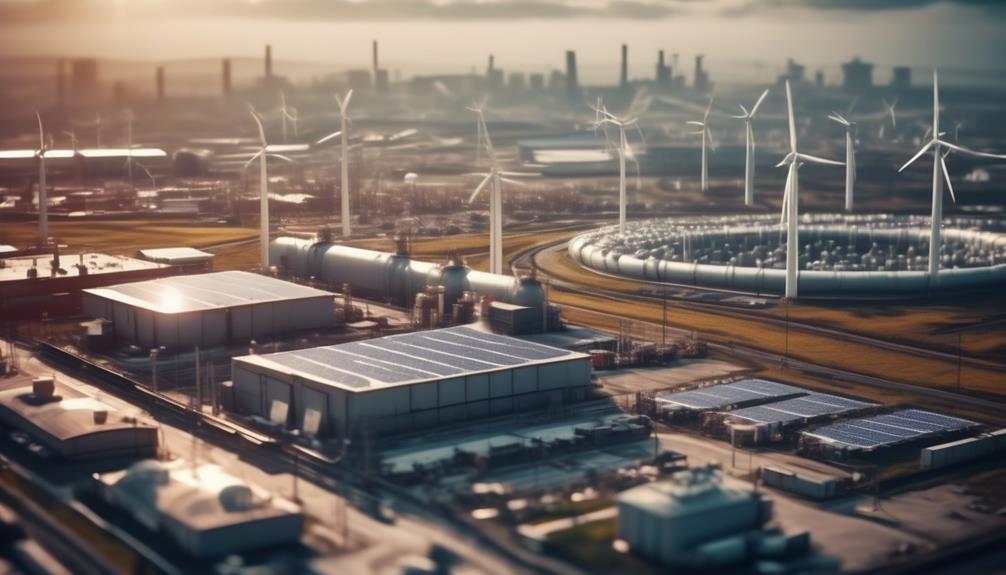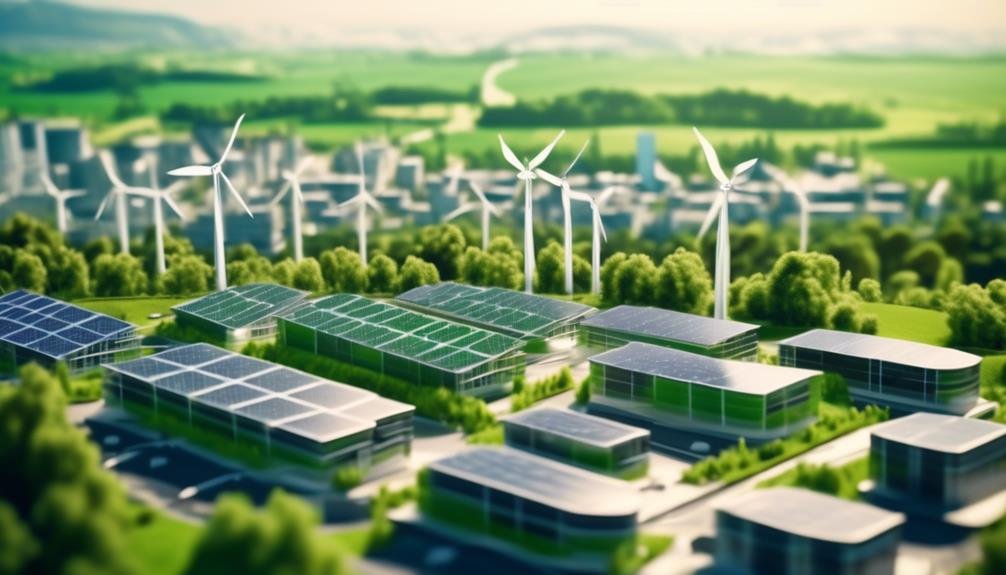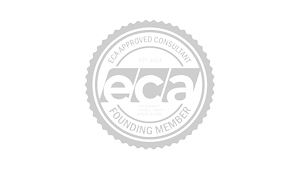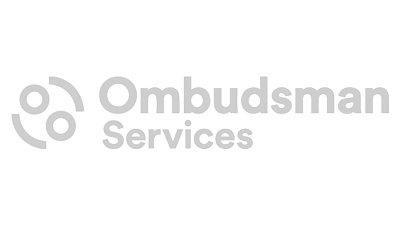In the fast-paced world of modern business, leaders are constantly seeking ways to balance the scales between profitability and environmental stewardship. The drive towards sustainability is not just a moral imperative but a strategic move to curtail operational expenses and align with growing consumer expectations for corporate responsibility. However, navigating the transition to more sustainable energy practices can seem daunting, with challenges ranging from initial investment costs to identifying the most impactful measures.
Drawing on extensive experience in sustainable business practices, this article aims to guide you through the maze of options available for energy reduction. It will shed light on practical, innovative strategies that not only promise to lower your carbon footprint but also bolster your bottom line. By focusing on solutions that resonate with your unique business needs, we aim to demystify the process of becoming an eco-friendly enterprise.
As we delve deeper into these topics, you’ll find actionable insights tailored to help you overcome common hurdles and seize the opportunities that sustainable practices offer, encouraging you to read on and discover how to make your business a beacon of environmental and economic success.
Conducting an Energy Audit
To ensure a comprehensive assessment of energy usage and identify potential areas for improvement, collaborating with experienced professionals to conduct a thorough energy audit is essential for businesses seeking to reduce their energy consumption.
An energy audit involves analysing historical energy consumption records and gathering utility bills covering the past 12 to 24 months. This data serves as a baseline for identifying areas of improvement and making informed decisions on energy-saving initiatives.
Through the energy audit process, businesses can assess the efficiency of their lighting systems, heating and cooling equipment, and overall energy usage. By identifying inefficiencies, businesses can implement strategies to reduce energy consumption, ultimately leading to cost savings and a reduced carbon footprint.
Additionally, an energy audit can help in minimising greenhouse gas emissions, contributing to a more sustainable and environmentally friendly operation.
Therefore, a comprehensive energy audit is a crucial first step for businesses looking to take control of their energy usage and make significant strides in reducing their utility bills and environmental impact.
Embracing Energy-Efficient Lighting
After conducting a comprehensive energy audit to identify areas for improvement, businesses can pivot towards embracing energy-efficient lighting solutions to optimise energy utilisation and reduce overall consumption.
Retrofitting fixtures with energy-efficient LED tubes is a prudent step towards reducing energy consumption.
Implementing intelligent lighting systems, equipped with occupancy sensors and automation features, ensures optimal energy usage.
Enforcing a lighting policy that promotes mindfulness among employees can maximise energy savings.
It is also crucial to integrate advanced lighting solutions and turn off lights in vacant areas to conserve energy effectively.
Embracing energy-efficient lighting not only aligns with green and sustainability initiatives but also presents an opportunity for businesses to save money in the long run.
By transitioning towards environmentally friendly light bulbs and incorporating solar panels for energy generation, businesses can further enhance their commitment to energy efficiency.
Embracing energy-efficient lighting is a strategic decision for businesses looking to reduce their environmental footprint while optimising energy consumption within the office environment.
Optimising HVAC Systems
Optimising HVAC systems is a crucial component of enhancing energy efficiency and reducing operational costs for businesses. To achieve this, businesses should consider the following measures:
- Regular maintenance: Regular maintenance of HVAC systems is essential to ensure optimal efficiency and performance, reducing energy consumption and operational costs.
- Upgrading to energy-efficient models: Investing in energy-efficient HVAC models can significantly reduce energy use and save you money in the long run.
Implementing these solutions not only conserves energy but also aligns with a business’s dedication to sustainability.
Additionally, businesses can further optimise their HVAC systems by installing solar panels to power these systems, reducing energy costs and environmental impact.
Investing in Energy-Efficient Appliances
Investing in energy-efficient appliances is a strategic approach for businesses to significantly reduce energy consumption and operating costs, thereby contributing to improved sustainability and environmental impact. Selecting state-of-the-art, Energy Star-rated appliances is essential to optimise energy usage and conserve resources. Implementing power management protocols for computers and peripherals can lead to substantial energy savings. Establishing monitoring systems to identify energy consumption patterns and optimise appliance usage is crucial for further energy conservation. Conducting periodic training sessions to emphasize the importance of turning off appliances can promote energy efficiency and sustainability in the workplace.
| Energy-Efficient Appliances | Benefits |
|---|---|
| State-of-the-art, Energy Star-rated appliances | Optimise energy usage and conserve resources |
| Power management protocols for computers and peripherals | Substantial energy savings |
| Monitoring systems for energy consumption patterns | Crucial for further energy conservation |
| Training sessions on turning off appliances | Promote energy efficiency and sustainability |
Encouraging Remote Work and Flexibility
To further advance sustainable energy practices and operational efficiency, businesses can explore the implementation of remote work options and flexible schedules as a strategic approach.
Encouraging remote work and flexibility can significantly contribute to energy reduction and environmental sustainability.
To effectively promote this initiative, businesses can consider the following strategies:
- Promote Work from Home: Offer telecommuting options to employees, reducing the need for daily commutes and the associated energy consumption.
- Conduct training sessions to equip employees with the necessary skills and resources for remote work.
- Implement Flexible Schedules: Allow employees to adjust their work hours to avoid peak energy-usage periods, contributing to overall energy efficiency.
- Encourage employees to actively participate in turning off lights and other energy-saving practices to further reduce the company’s environmental footprint.
Embracing Renewable Energy Sources
Embracing renewable energy sources presents a strategic opportunity for businesses to enhance their sustainability efforts and reduce their environmental impact. By transitioning to on-site renewable energy systems such as solar panels or wind turbines, businesses can generate clean electricity and significantly reduce their reliance on fossil fuels. Collaborating with local renewable energy providers for sustainable partnerships is another effective approach. This not only helps in reducing greenhouse gas emissions but also contributes to mitigating climate change. Embracing renewable energy sources also sets a positive example in the industry, inspiring others to adopt eco-friendly practices.
| Benefits | Description |
|---|---|
| Help in going green | Transition to renewable energy sources aligns with the commitment to environmental sustainability |
| Supply Chain Impact | Businesses can contribute to a more sustainable supply chain by supporting renewable energy providers |
| Office Supplies | Reduced reliance on traditional energy sources leads to a decreased need for energy-intensive office supplies |

